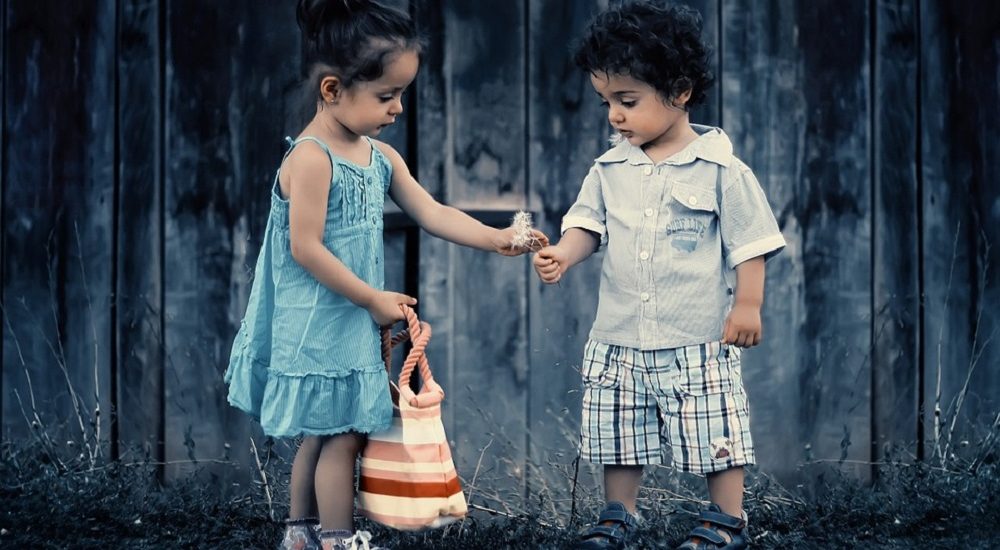Practicing good personal hygiene is essential for staying healthy and preventing the spread of illnesses. Due to this reason, teaching children the right habits in keeping themselves clean and well-groomed, regardless of their age, is a must if you want them to be fit and safe from various forms of sicknesses.
Teaching toddlers and preschoolers good personal hygiene habits, though, is not the easiest thing to do. Their tendency to have short attention spans and difficulty in understanding the consequences of their actions will make instilling in them the importance of self-grooming a bit tricky.
Although this may seem like a monumental task, it doesn’t mean you should postpone teaching them the right hygiene practices.
When your little ones know even just basic hygiene and grooming habits before you start signing them up for nursery registration, you will give them a head start in achieving better health and building their self-confidence and independence.
Below are the five best personal hygiene habits you should start teaching to toddlers and preschoolers, and tips on doing them:
1. Handwashing
Since many young children still tend to put their fingers or hand (and all the germs found in them) in their mouths, they need to learn how to keep these body parts clean as early as possible.
To teach toddlers and preschoolers proper handwashing, have them follow these five steps:
- Wet
- Lather
- Scrub
- Rinse
- Dry
Additionally, teach them a nursery rhyme that lasts for 20 to 30 seconds and have them sing this while lathering and scrubbing their hands. Once they finish the song, they can rinse and dry their hands.
The addition of the song will give this personal hygiene practice a fun twist and enable the children to spend the right amount of time washing their hands. They will remember to do this even if you are not around as well.
2. Oral hygiene
Having healthy teeth is important, even if they are still baby teeth. As such, you need to teach your little ones proper dental habits as well.
Help them develop the habit of brushing their teeth at least twice a day. If they are at least two years old, let them use a children’s toothpaste.
Teach them how to use the toothbrush to clean all surfaces. Make sure they spend several seconds gently scrubbing all sides and to clean the tongue as well to keep the whole mouth as clean as possible.
Young children learn faster by imitation, so at first, make brushing a family habit. Have your little ones brush their teeth at the same time as you do. Check how they hold their toothbrush and brush their teeth. Note if they are doing it haphazardly, and show them the right way to do it.
3. Bathing habits
Most young children see bathing as a fun activity. They see this as a chance to play with water, and their rubber ducky and other toys.
Although you want your little ones to have fun while taking a bath, you also have to teach them the importance of doing this correctly. You have to educate them that bathing is more than just getting their bodies wet and playing with bubbles; it is a personal hygiene habit that helps protect them from germs and illnesses.
Teach your little ones how to scrub and apply the soap correctly all over their bodies. Educate them on how to shampoo their hair properly and to rinse it off thoroughly, too.
To prevent your children from perceiving bath time as a chore, let them spend a few minutes to play in the tub, or with bubbles from the soap and shampoo so that they will continue to associate this practice is fun.
4. Toilet hygiene
If your children are already toilet trained, you need to help them practice the right toileting habits. Otherwise, you will put them at risk for diarrhea and other illnesses caused by bacteria or viruses.
Teach your little ones to use toilet paper to wipe thoroughly from front to back after doing “number two.” Instruct them to continue wiping with new sheets until they come out clean.
Remind them to flush the toilet after use and to wash their hands properly before leaving the bathroom.
Showing them the steps to proper toileting habits is the best way to teach them. Pretend that you have finished using the toilet and wipe three or four times and tell them that you stopped because the toilet paper is now clean. Flush the toilet and demonstrate how you wash your hands, too.
5. Personal hygiene and grooming
Lastly, there are several basic personal hygiene and grooming habits children need to learn and practice even at a young age.
These include:
- Covering their mouth and nose with their sleeve or elbow when they cough or sneeze if they don’t have a hanky or tissue paper
- Turning away or covering their mouth when they cough or sneeze in front of food
- Combing their hair every day
- Choosing clean clothes to wear whether they go out or not
- Picking up their dish after eating and putting it in the sink
These additional habits will help keep your children healthy and build their etiquette at the same time.
If your little ones are starting nursery or kindergarten, ask the teacher if he or she can add some lessons on developing personal hygiene habits. When your children can do them at home and school, they will find it easier to practice them regularly and continue doing them when they are older.
Author Bio:
Alan Williamson is the Chief Education Officer at Kings’ Education, a premium school brand in Dubai which leads a fantastic group of premium UK curriculum schools, including Child’s Play Nursery. As well as being passionate about teaching and learning, Alan has been actively involved in school leadership related to Special Educational Needs.

